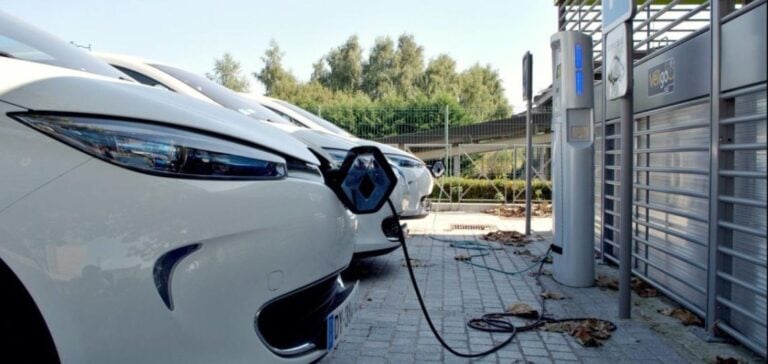EDF Group and global infrastructure investor Morrison have announced a long-term strategic partnership to develop public charging solutions for electric vehicles in France, with an investment of up to 450 million euros.
This partnership has led to the creation of a joint financing platform, with plans to install nearly 8,000 ultra-fast charging points across France by 2030. The aim is to meet the growing demand from electric vehicle users for recharging solutions, particularly ultra-fast ones, which can be located at curbside or in private parking lots accessible to the public, near restaurants or shops.
Expected increase in recharging demand
Demand for recharging is expected to grow in line with the increase in sales of electric vehicles. By 2030, the number of electric vehicles in France could reach around 6.5 million, representing annual electricity consumption of around 15 TWh. This partnership combines the respective strengths of IZIVIA, a subsidiary of the EDF Group, and Morrison, renowned for its investments in the energy transition since the late 1990s.
Contributions to reducing carbon emissions
This collaboration aims to support the reduction of carbon emissions and the transition to cleaner, sustainable energy. IZIVIA, which operates in the field of electric vehicle recharging in France, offers recharging solutions aimed at simplicity, efficiency and competitiveness. Jean-Philippe Laurent, Head of Business Development Strategy at EDF, points out that the transport sector is the biggest emitter of greenhouse gases in France, and that decarbonizing it represents a major challenge for the Group.
Pia Lambert, Executive Director at Morrison, expresses her enthusiasm for this partnership with the EDF Group and its subsidiary IZIVIA, a major operator of electric vehicle charging stations in France. This project marks an important milestone for Morrison in the European market, underlining the company’s belief that investing in companies that meet sustainable societal needs – such as transportation systems and their energy sources – is key to the success of their investment strategy.






















